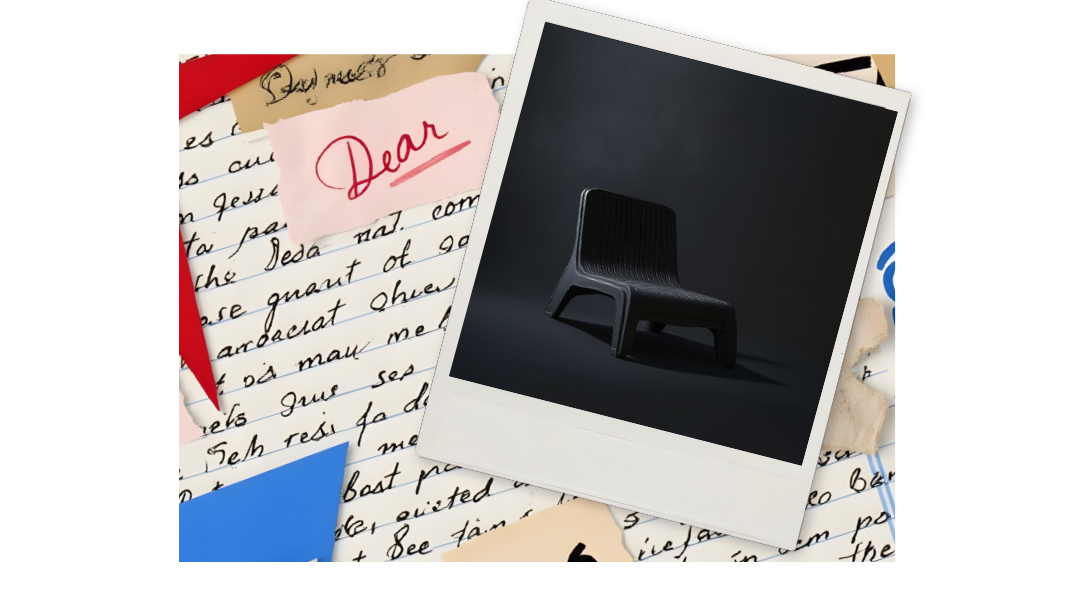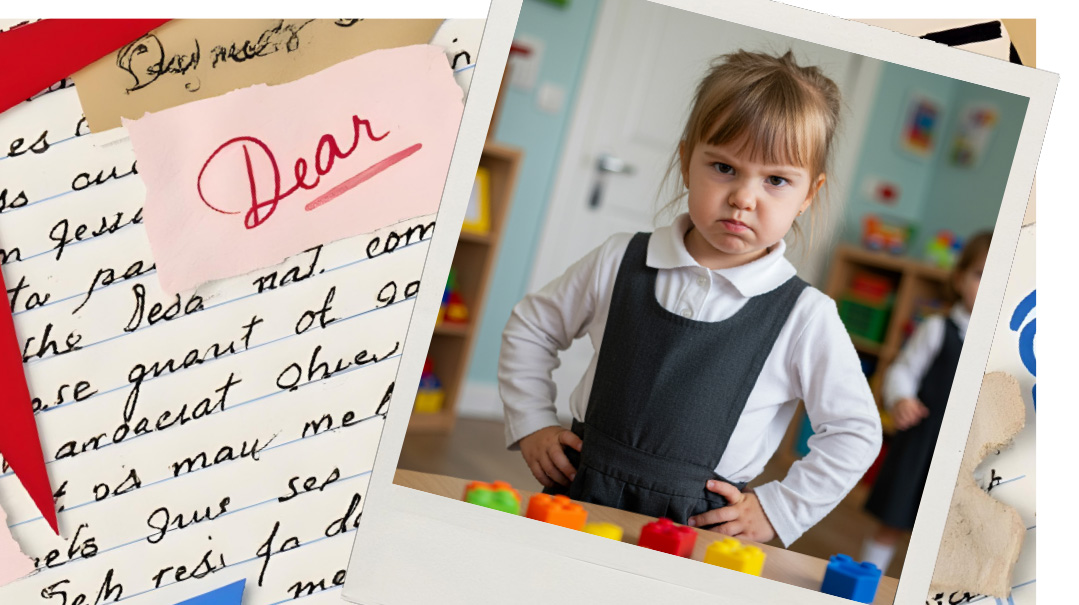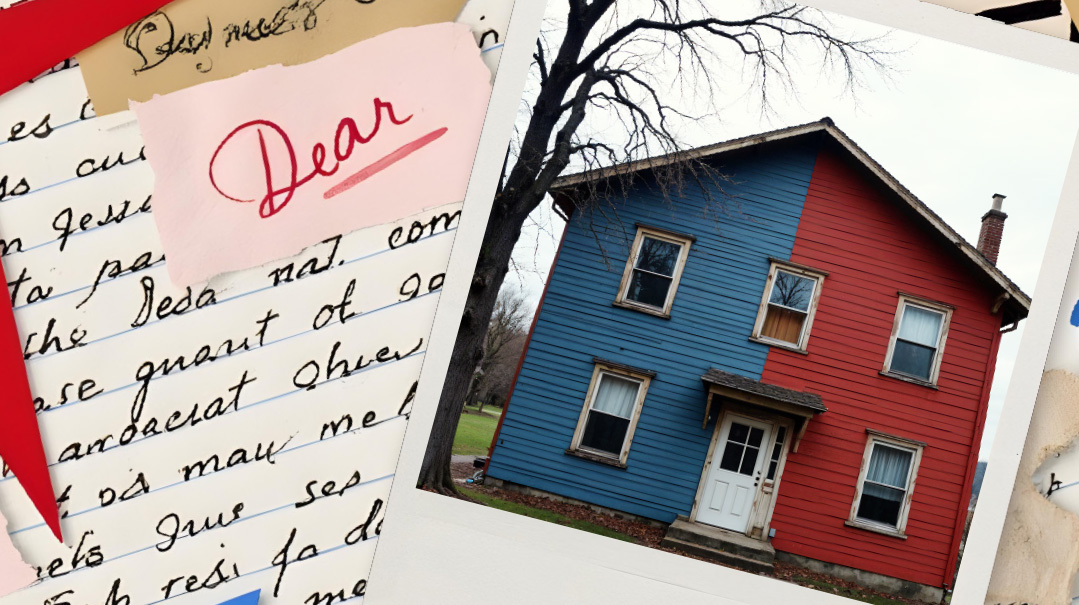Dear Shivah Visitor,

I know I’m not alone. I know many people have different feelings about their parents

Dear Shivah Visitor,
I don’t know how to tell you. But I wish you understood what I’m going through
I see you when you walk in and I cringe. You know me because I taught your child or daven next to you in shul, maybe we carpool to ballet….
I’m close enough to you to know the names of most of your kids, but we’re not close enough that I’d invite you for a Shabbos meal.
I know you’re the “touchy-feely” type.
You sit.
Heavily.
You sigh.
You look at me with those puppy dog eyes.
“Wow,” you ponder aloud. “I didn’t know your mom, but she must have been an incredible person to raise a daughter like you.”
Gushing and predictable.
It’s my turn to ponder. Do I smile gratefully for the compliment? After all, some might call me amazing: a successful career, devoted mother, loving wife, and that friend who would run in front of a runaway train to save your life. Well, with boundaries, of course.
Boundaries, because in order to become who I am today, I’ve had to cut off most contact with a toxic and abusive mother who had little capacity to raise children. Yes, yes, many people scream “toxic” and “narcissist” ad nauseam these days. But most of the people who complain about the uptick have never had a parent comment how they regret birthing them, nor pit you against your siblings to a point of estrangement. She didn’t hurt me physically, but I’m a survivor of verbal venom and enough gaslighting to fuel a fleet of Boeings.
“Losing a parent is just about the most awful thing,” you say.
Yeah. In context.
Someone who knew of my (lack of) relationship with my mother said, “Well, at least you won’t feel the pain of missing a mother like I did….”
Oh.
But missing….
I’ve missed having a mother for over 50 years. I missed out on the feeling of security my friends allude to when they comment on the great advice their mom gives them. I missed out on the love many ascribe to their moms who send them packages of positivity, even if it’s only a birthday card signed, “I love you.”
I don’t miss the anxiety I felt when my mother insisted she didn’t tell my sister lies about me, destroying my relationship with the only substitute mother I ever had. Lies so convincing that my then-vulnerable sister stopped talking to me.
Yet the difficulties pushed me. I found many mothering types who guided and loved me. I learned to trust females through working on myself and discovering healthy role models in friends and mentors. I forced myself, perhaps overcompensated, to be a loving mother to my children, acting counterintuitively to my upbringing. I was far from perfect, and as I unlearned those behaviors, there was collateral damage that I’m lucky enough to have had the awareness and opportunity to repair.
I know I’m not alone. I know many people have different feelings about their parents. No one is pure perfection nor kulo evil. My experience of neglect and abuse might have been Gan Eden compared to someone else’s Gehinnom. I’m not here to compare.
I’m simply imploring others to do what the Torah instructs us to at a shivah. Don’t ask, “Can you share a memory of your mom?” (Sure, but I’m not sure lashon hara is encouraged in this forum.) Don’t project, “You must be in so much pain.” (Yeah, sitting here discussing my tormentor for seven days isn’t a picnic.) Don’t give advice: “I learned that when someone passes, they leave their middos tovos behind, be sure to grab them and make them your own.”
Um.
Yeah.
Hard pass.
Instead, please stay quiet. Hundreds walked through my home. I sat alone so there was no distraction or break from being “on.” The visits I reflect on warmly were from those who walked in, sat silently, got up, said, “HaMakom yenachem es’chem…” nodded, and left.
To you, I say thank you. You get it.
I know my mother is in Olam HaEmes. I know she, too, struggled being my mom because of the test of mental illness Hashem gave her. It couldn’t be easy having a daughter who was given a psak to limit interaction. I honor that reality, and I’ll do my best to bring aliyos to her neshamah. Forgiveness doesn’t feel near, but it also doesn’t feel unattainable.
But since it’s only polite to reply to your intended compliment about how wonderful she must have been to have brought me up to be who I am with: I can honestly say, “I’m the person I am because Hashem chose me to go through this world as her daughter.”
Signed,
Mourning for the Relationship I Didn’t Have with My Mother Ff
(Originally featured in Family First, Issue 941)
Oops! We could not locate your form.





